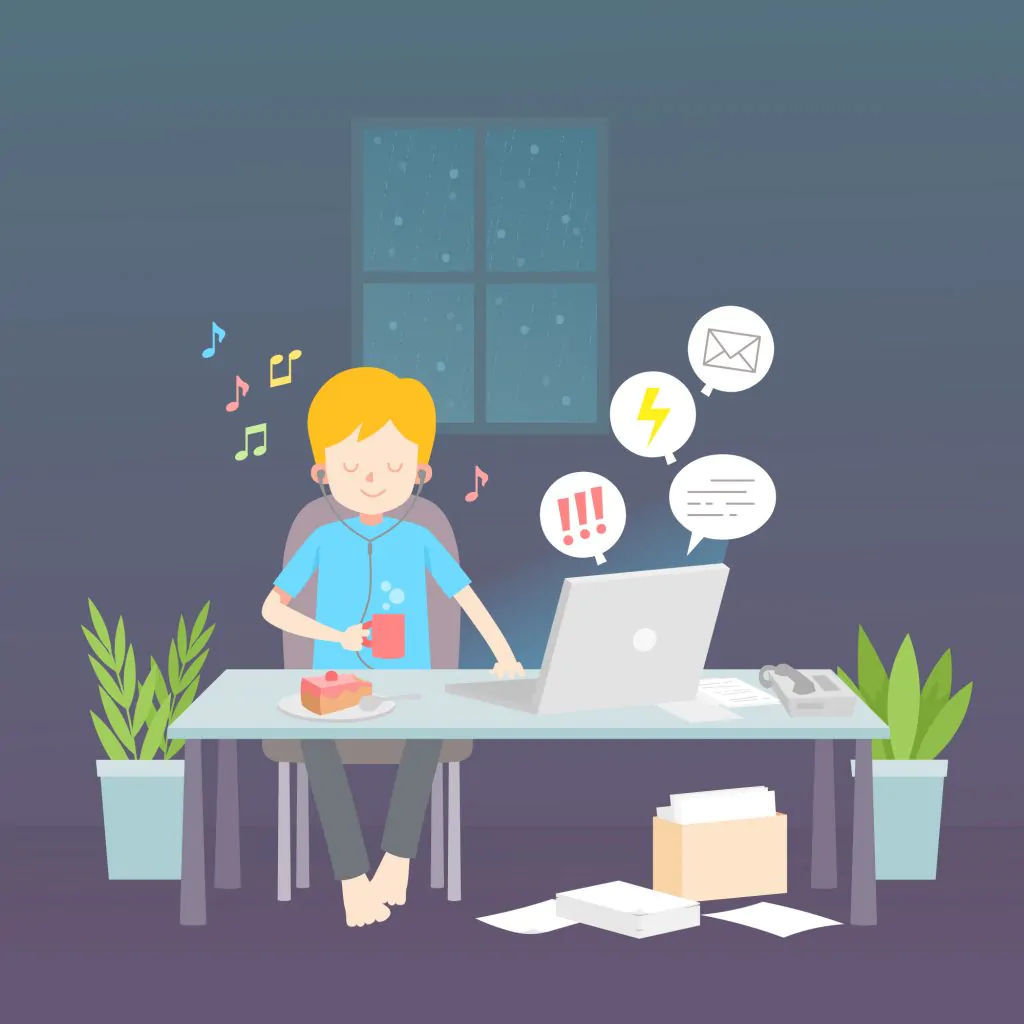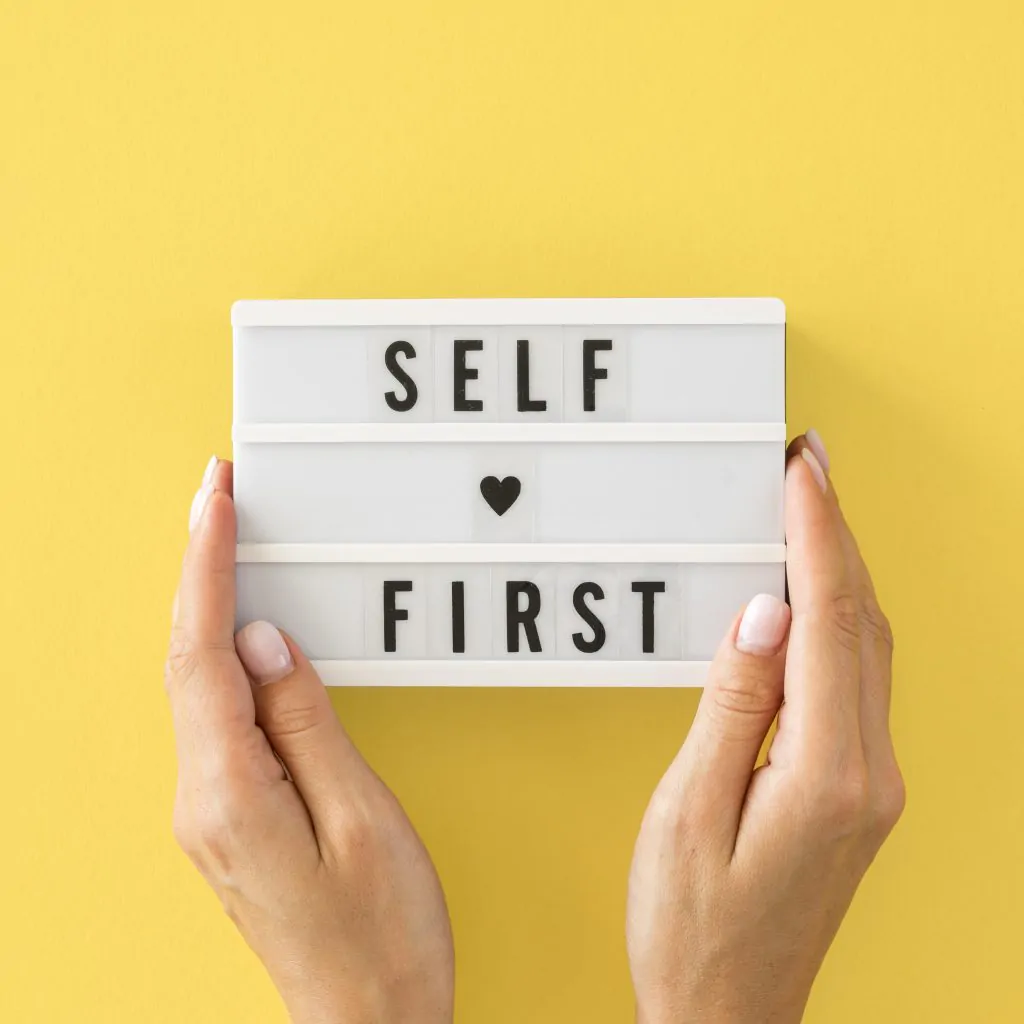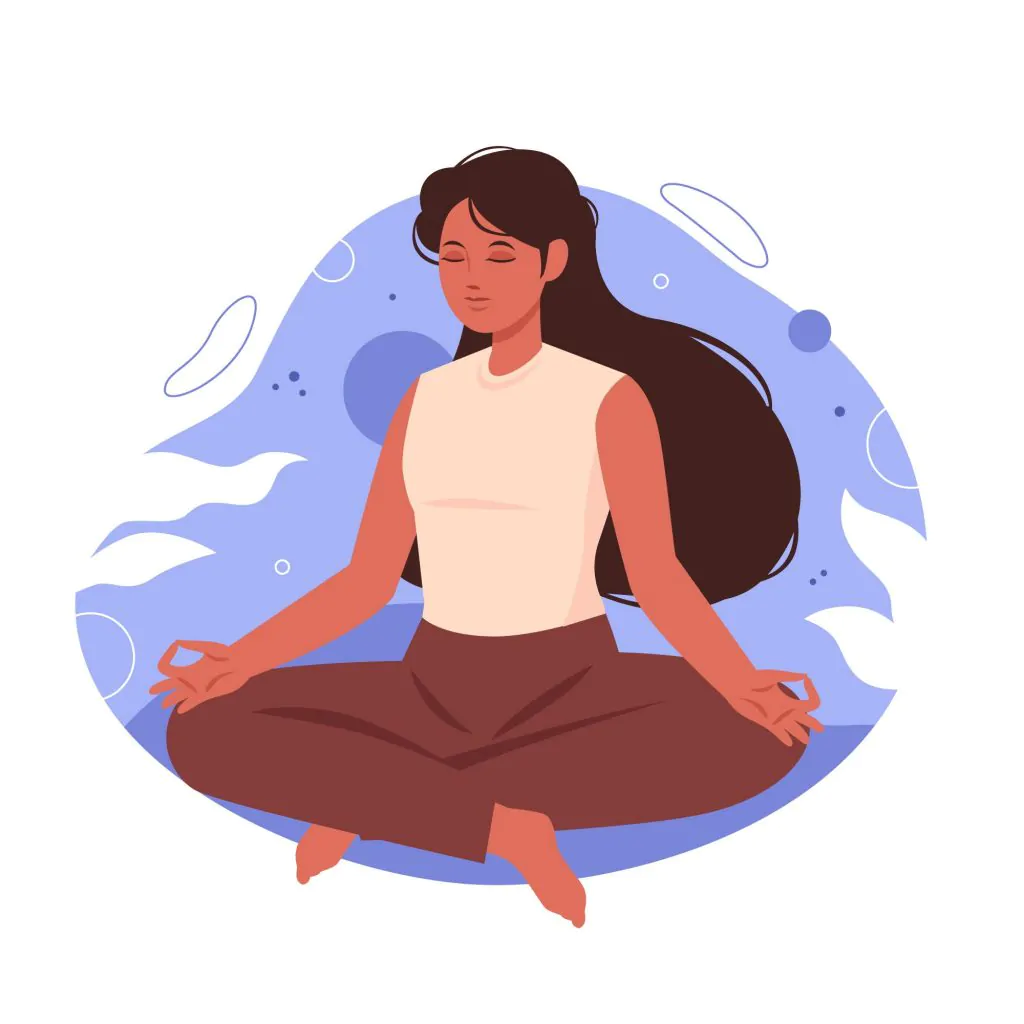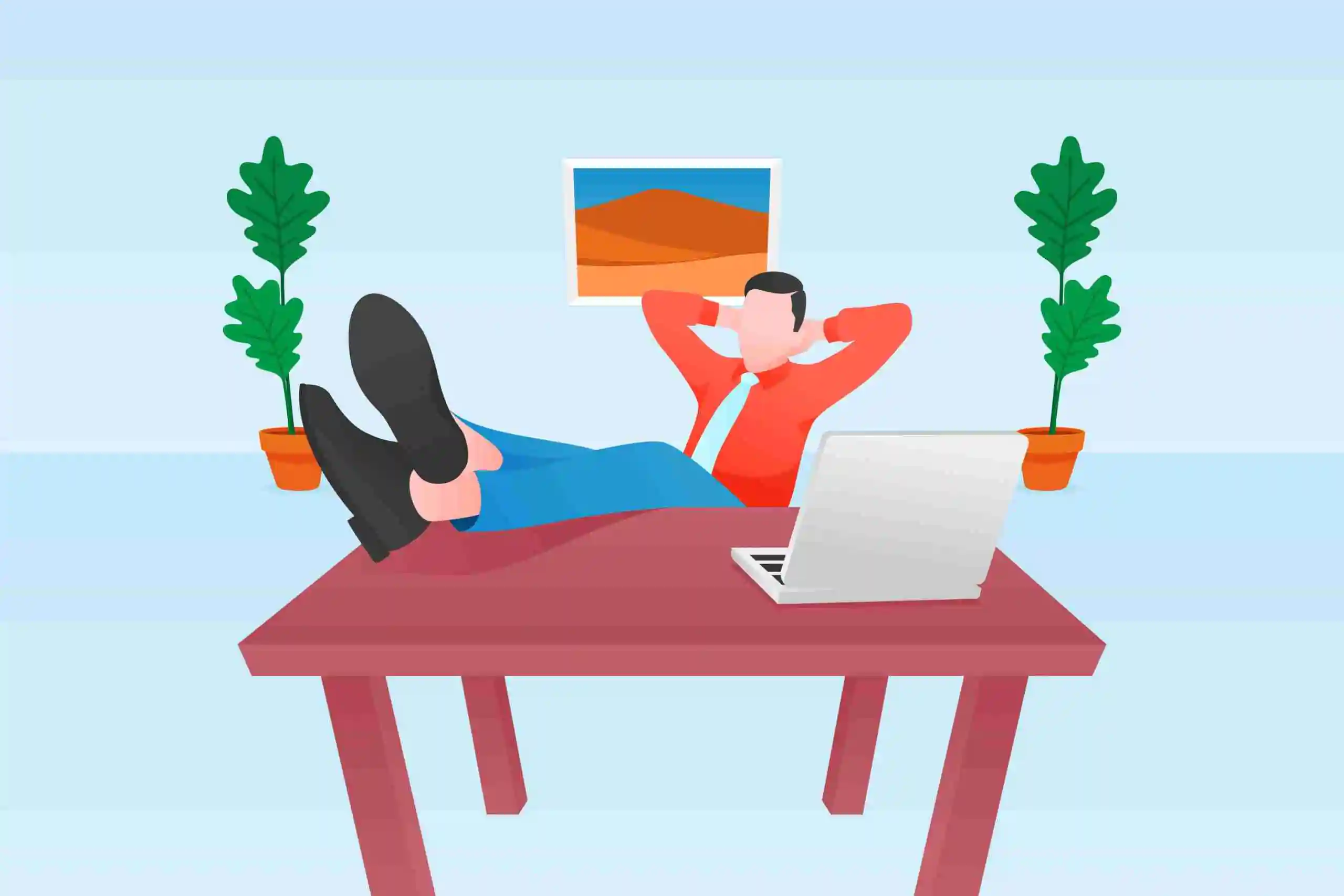If you are looking for some best ways to relax after a hard day at work, you are at the right place. Everyone experiences stress throughout their lives. There are excellent days and bad days. Do not forget that every day will be different. You must ensure your career, relationships, and family. And anything else that is essential to you is not impacted by your stress. The following suggestions might help you deal after a hard day of work.
Life may be challenging. Although it is part of our human nature to be able to handle some stress and even to endure brief bursts of extreme stress, persistent stress can have negative effects on our physical health, feeling of wellbeing, and general quality of life.
How to Relax After a Hard Day at Work
Many people may have some of their own ways to relax after a hard day at work, but there are also many people who keep themselves stressed long after reaching home. This article is discovers some best ways to calm down after a stressful day.
1. Detach psychologically from work
The first and foremost you need to do to relax after a hard day at work is by detaching yourself psychologically from work. No matter what recovery action you favor (reading, jogging, playing video games, cooking etc.), it is crucial that you mentally “turn off” or disengage from thinking of the job at the office. Stress from the workday builds up throughout the day, causing us to think about work far into the evening. Even when you’re physically in an exercise class, your thoughts are still going over the details of a recent client meeting. According to research, merely thinking about work reduces your capacity to recuperate from it, and just having your phone nearby causes you to become distracted, making it impossible for you to disconnect from “the office.”

Disengaging mentally from work is not as difficult as you think. Just engage yourself in activities that interest you and help you be in the present moment. For example, if you are a soccer lover and you love playing with your friends, then playing soccer can be the key to detach yourself psychologically from work. Everybody has some kind of interest or hobby. If you don’t know what your hobby is, just try remembering what you would do if you had all the time and money with you. As a child, what you loved to do.
Learning a new skill could be the game changer. You love music and you don’t know how to play a guitar, then you could learn it. Learning a new skill certainly engages you in the activity or disengages you from the work thoughts. Maybe you enjoy talking with your friends or taking a hot shower could relax you. Whatever the activity is, the focus here is detaching yourself from the work psychologically to calm down after a stressful day.
2. Write Down Your Thoughts
Next important and worthy thing to do to unwind after work is to write down your thoughts. Expressing your thoughts and feelings down on a paper is known as journal writing or journaling. A person can keep a running journal of their current thoughts by writing everything that is on their mind for at least five to fifteen minutes. People are forced to slow down, arrange their thoughts, and pay attention to each one individually since they can only write one item at a time. Writing in a journal can help people have a better understanding of their worries, see trends, and pinpoint the feelings that go along with their worry. It is crucial to understand what makes oneself feel stressed and anxious. A description of the current circumstances as well as potential events or scenarios that could take place might be included in a journal entry.

Though some people may find this intimidating, writing your thoughts can really serve as an escape and help you to unwind. Start by outlining any fears, worried thoughts, or other ideas that are on your mind. It can actually help you comprehend your ideas and understand them better and help you regain control over your emotions. Gratitude and your capacity to distinguish what matters most in life and both be enhanced through journaling. If you are trying to figure out how to relax your mind after a hard day, start with this.
3. Unplug From Social Media and Turn Off Communications
If you want to relax after work, then you must unplug from social media. In the environment we live in today, it can be challenging to disconnect from social media since it feels like we’re disconnecting from the entire globe. But occasionally, that is okay! Social media, while a fantastic and creative medium, but there are many ways social media is affecting our mental health. It is fine to put your phone away for a moment and disconnect.

It is simple to over communicate in today’s hyper accessible world, and doing so might make your already anxious brain even more so. Turn off any kind of contact you have, even if it is just for a little while, because the beep of an incoming message or the ring of a cell phone might drive you into a complete panic. You just need that much time to recover from the stressful nature of the day and reevaluate your situation. Additionally, it will provide you a distraction-free period of time to concentrate on fixing a tough situation.
When reading, especially fiction, the intellect and imagination are fully engaged. It has been demonstrated that contemplative activities that require complete concentration of the brain on a single goal reduce tension and promote relaxation. It turns out that losing yourself in a good novel is the best way to unwind. Reading is more than just a diversion but an active engagement of the imagination as the printed words inspire your inventiveness and cause you to experience what is basically an altered state of awareness.

Reading may also assist people in being more compassionate and self-aware, as if stress reduction, enhanced mental health, and optimal brain function weren’t enough. Reading fantasy novels, in particular, can help people enhance their relationships and have a better understanding of others. Readers who are drawn into a plot develop an empathy for the characters as they discover their motivations and recurring patterns of conduct. This deepens one’s comprehension of how others behave, which enhances one’s ability to function in the real world. Additionally, choosing books set in countries or civilizations other than their own helps readers expand their understanding of the many human communities and viewpoints.
There is no denying that reading is one of the most powerful pastimes because of all these advantages. Why not put your computer away after finishing reading this blog and pick up a nice book just to relax after work
4. Focus On Self-Care
Not only to calm down after a stressful day, focusing on self-care is the thing one must do everyday. You have change your habits to improve your mental health. Many individuals believe that practicing self-care is limited to taking bubble baths or getting an additional hour of sleep. But because every aspect of our life has an influence on our wellbeing, we should practice self-care in all of them. We should be aware of the five basic components of self-care: mental, emotional, physical, spiritual and social self-care. When we discuss mental fitness, we’re referring to the pursuits that keep your mind active and engaged.

These are the things that put you in a flow state, when your attention is uncomplicatedly directed on something you like. Mental self-care includes exercising your intellect, engaging in flow as often as possible, and learning new things.
Working to comprehend your emotions and learn coping mechanisms is a necessary part of maintaining emotional wellness. While experiencing a variety of emotions is beneficial, it is also critical to understand what those emotions are trying to tell you and communicate those feelings in a positive way.
Your whole well-being depends on how you feel physically. You often exhibit less emotional and mental toughness when your fundamental requirements aren’t addressed. Numerous illnesses, including anxiety, sadness, and many others, have symptoms that resemble dehydration. You should maintain and give priority to routine medical checkups. Instead of allowing a hectic schedule get in the way, address health issues as they emerge. Try maintaining your physical health by working out and consuming wholesome meals.

It is very much important to know how to take care of oneself. Be nice to yourself; the first priority should be your mental health. Unplugging from electronics and concentrating on activities that make you joyful and give you energy. It obviously helps you after a hard day of work.
5. Talk to someone you love
Getting every thought out of your body by sharing it with someone you trust is a very genuine method of calming down or unwind after work. If you have a spouse, debriefing with him/her should be a regular part of everyday, whether stressful or not. Share everything, even the dull parts. Make it a routine and have tea or drinks or play some soothing music you both enjoy. When the kids are sleeping, before bed is frequently the best time.

If you don’t have a partner, a friend or family would likely be interested in hearing about your day and hearing about theirs, maybe through a video chat. In case you are alone, share it with yourself. Get yourself a lovely notepad, something unique. Perhaps a leather-bound journal with plenty of blank pages in which to record your daily activities might be appropriate. There are other several amazing mental health benefits of socializing.
6. Practice mindfulness
Next worthy way to relax after work is practicing mindfulness. A basic kind of meditation known as mindfulness may be practiced anywhere, at any time, and for as long as you desire. Even if you stay seated, you may practice mindfulness for a short while and begin to experience the benefits right away. Simply said, mindfulness is the practice of not thinking. Delete all of your anxieties, obsessions, and thoughts from your head. Focus on nothingness and emptiness, and whenever a thought arises, visualize yourself physically grasping it and releasing it. The first few times you try it may be challenging, but with practice you’ll be able to quickly reach this meditative state, instantly releasing some of the day’s stress.

By engaging in mindfulness exercises, we may hone our ability to react to stressful situations and perceived stress in a more effective manner. The amygdala shrinks over time as a result of mindfulness meditation and other mindfulness practices, effectively calming an overactive stress-alert system. This is among the explanations for why multiple studies have shown mindfulness to be a useful stress-reduction technique.
We learn to tune into our bodies’ sensations when we first start to feel stressed by using mindfulness meditation and other relaxation techniques.
7. Go For A Walk
Going for a walk outside is preferable if you’re feeling anxious. Since lounging about the house like a trapped mouse around the walls just makes you feel more uneasy and miserable. Try to see the beauty in everything as you go through the streets, a beautiful way to unwind after work.

Get up from your chair, leave your work, and take a short stroll outside. Walking for as little as 10 minutes can be beneficial, but if you can get away with it, more wouldn’t harm. This will benefit you in a number of ways. First of all, it will transport you far from the source of your stress. Your mind will be able to relax once you’re outside of the actual site and reevaluate your circumstance. The second benefit is that it will help you workout. That will cause endorphins to be released, increase blood flow, and physically relax your body. Finally, when you choose to return inside, you will feel rejuvenated and receive some fresh air.
Loved what you read? For more content like these, visit blogs.

